Hello Blanchetters!
The wait is over: the first three episodes of Mrs. Amrica are now available on streaming. We are going to add the screencaptures from the show when all episoded have been aired.
Meanwhile, Cate Blanchett is promoting the show…from her library! She was a guest at the Late Show with Stephen Colbert last night. Her daughter Edith made a sleepy appearance. Screencaps in the gallery.
New interview for Shondaland – Full interview here
How did you interpret the character of Phyllis Schlafly as you played her?
CATE BLANCHETT: Well, she’s such a polarizing figure and quite contradictory. But it’s undeniable that she is a contemporary woman who has really changed the course of the American political landscape. I think she shifted the language, moving the notion of anti-abortion. She conflated that with being pro-American, pro-family and characterized the feminist movement as being anti-family. So, the language, the rhetoric which she employed during the course of the campaign to defeat the Equal Rights Amendment had a profound influence in the way the Republican party not only talks to the American populace, but talks to itself about what it stands for.
What kind of resource materials — like memoirs, biographies and archival material — you were using?
CB: The Sweetheart of the Silent Majority was certainly the place that I started from. I was interested in the copious amounts of books that, probably far more than anyone who’s represented in the series, Schlafly herself penned. Phyllis Schlafly Speaks is perhaps one of my favorites, which is a very thick tome. It was a fairly balanced book. So, I thought that was a really great place to start.
What about research on the ERA?
CB: If you go back and look at two of the major figures in second wave feminism — Betty Friedan and Gloria Steinem — obviously in the latter part of Gloria’s career as a public intellectual, there’s much more footage. But there’s not a huge archive for either of those women. But the Phyllis Schlafly archive is enormous, and I almost sank under the weight of it, actually. With any figures who lived, whether it’s Abraham Lincoln or Phyllis Schlafly, you have to invent. So, in the end, we have to sort of give ourselves over to the characters as written in the series.
How did she gain such a loyal following? At first, people took Phyllis Schlafly as a joke.
CB: I think she saw it as the thin end of the wedge. When she started to see the ERA in terms of the way it could dismantle, from her perspective, America’s already fragmented and fragile defense capacity — I think that it was through that prism that she moved into it. I also think she was able to mobilize and identify with special interest groups who thought defeating the women’s movement could shore up their own platforms, which of course were anti-abortion or, as it became, pro-life, or non-integration, to shore up patriarchal family values and isolationism.
How did she gain such a following of anti-libbers?
CB: The feminists were trying to speak to the aspirational nature in women as human beings. And I think that Phyllis really spoke to the homemakers’ fears. And women who did feel marginalized by the feminist movement or confused by it. Because change is confusing at first. Change is always unsettling and exciting. And I think she appealed to the unsettling end of it.
What kind of arguments did she make?
CB: When she was debating feminists on various talk shows, which she did quite a lot, she always kept it down to the literal. I think that terrified the homemakers and the self-described traditional women, who felt alienated and marginalized from the growing power of the liberation movement. She kept the conversation on how they were going to be thrust out into the workforce and drafted. She moved toward the worst-case, catastrophized pieces of legislation that no one wanted. So, she stopped it dead from her kind of her literalism, I guess.
What did Phyllis Schlafly personify?
CB: I think she really personified a love of tradition, hierarchy and order. But also, the abhorrence of being told what to do — so for her, the ERA crystallized those feelings and fears. It’s not just about the second wave feminists, but to make it equally about the opposite traditional women’s movement. They still seem to be at odds with one another. And that makes me incredibly sad, because I think what an audience perhaps will come away with and what the feminists talk about a lot in the series is that Phyllis, who’s a feminist who doesn’t identify as being a feminist. And so, what is feminism? And for me it’s about equality.
Reviews
 Welcome to Cate Blanchett Fan, your prime resource for all things Cate Blanchett. Here you'll find all the latest news, pictures and information. You may know the Academy Award Winner from movies such as Elizabeth, Blue Jasmine, Carol, The Aviator, Lord of The Rings, Thor: Ragnarok, among many others. We hope you enjoy your stay and have fun!
Welcome to Cate Blanchett Fan, your prime resource for all things Cate Blanchett. Here you'll find all the latest news, pictures and information. You may know the Academy Award Winner from movies such as Elizabeth, Blue Jasmine, Carol, The Aviator, Lord of The Rings, Thor: Ragnarok, among many others. We hope you enjoy your stay and have fun! 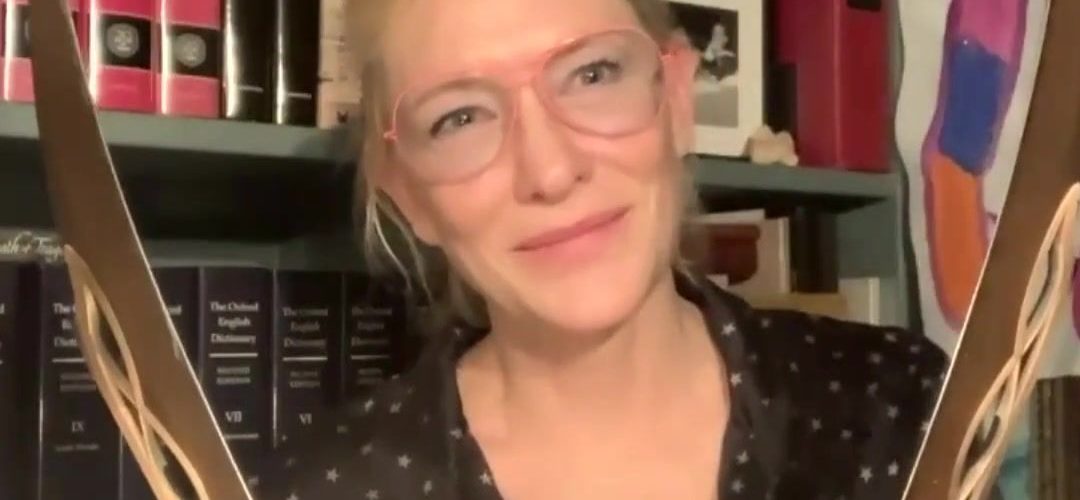
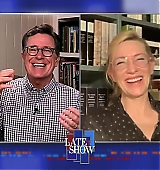

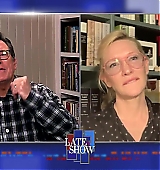



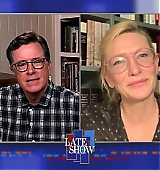
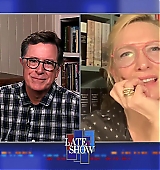
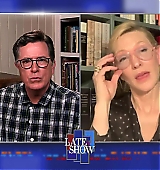
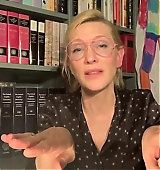
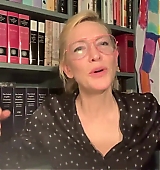

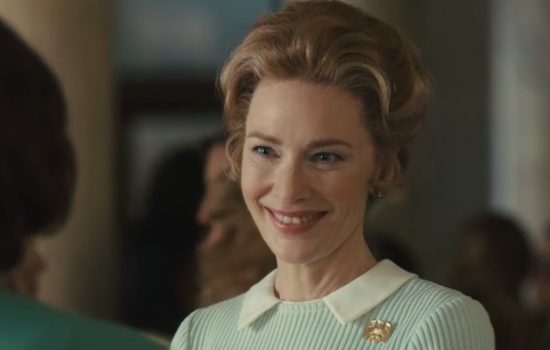
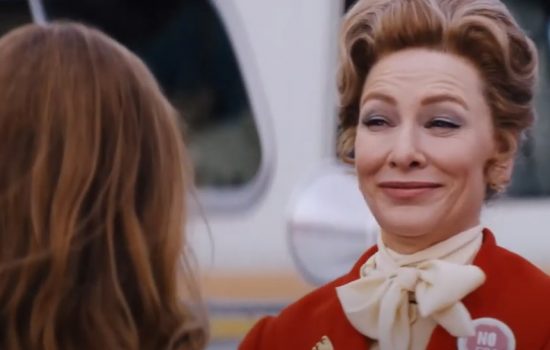


 Black Bag (202?)
Black Bag (202?) Father Mother Brother Sister (2024)
Father Mother Brother Sister (2024) Disclaimer (2024)
Disclaimer (2024) Rumours (2024)
Rumours (2024) Borderlands (2024)
Borderlands (2024) The New Boy (2023)
The New Boy (2023)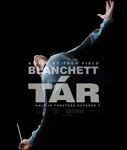 TÁR (2022)
TÁR (2022) Guillermo Del Toro’s Pinocchio (2022)
Guillermo Del Toro’s Pinocchio (2022)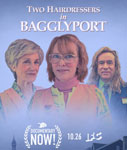 Documentary Now!: Two Hairdressers in Bagglyport (2022)
Documentary Now!: Two Hairdressers in Bagglyport (2022)












